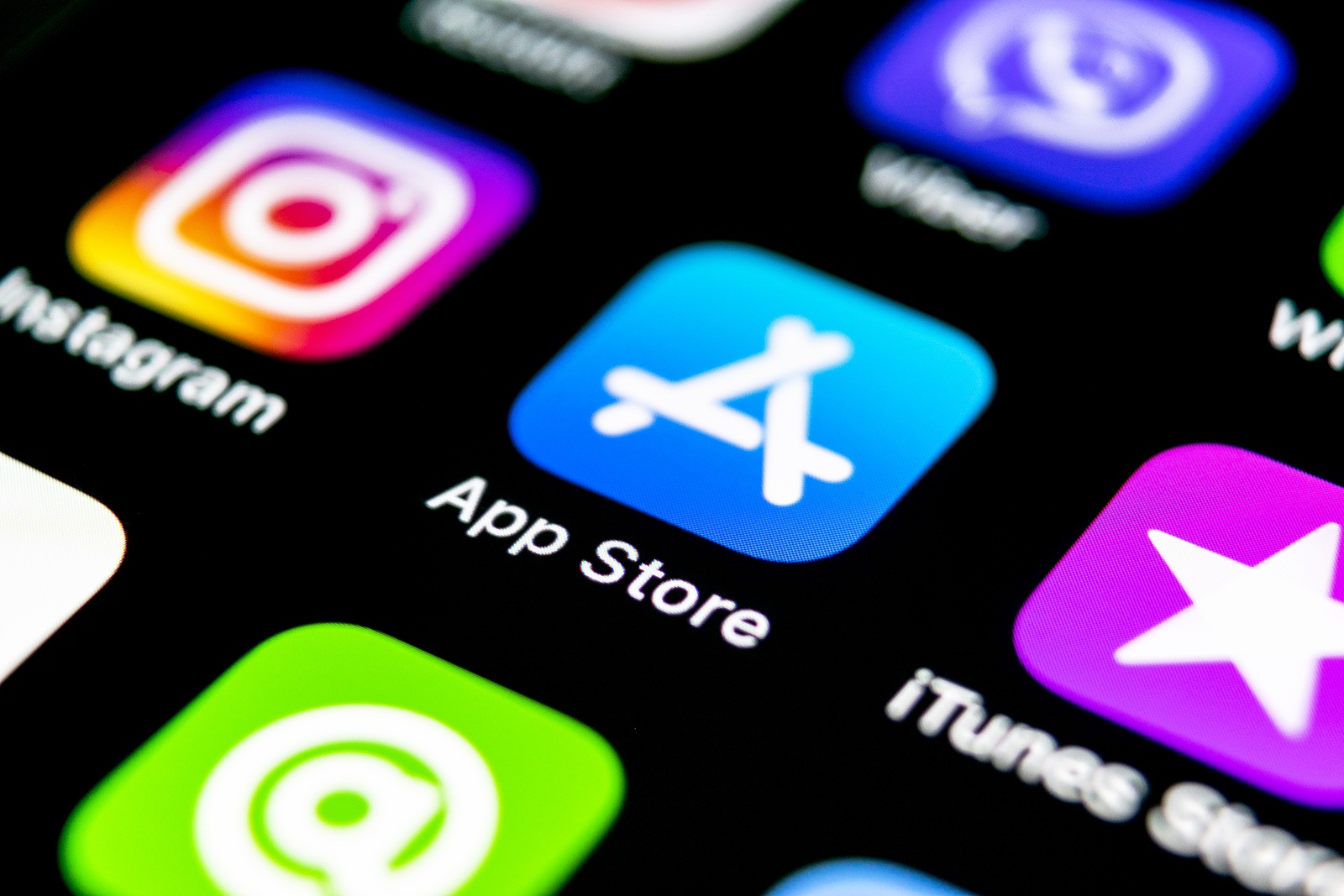Apple today announced an update to its App Store policies to reflect some new features coming with iOS 14, including App Clips, in-app purchases, and new rules for streaming games.
The new App Store guidelines According to Apple, it will be allowed to offer streaming games such as Microsoft's xCloud in the App Store in the future. However, all games included in such a subscription must be made available directly in the App Store. The change has now been made after Cupertino entered into a dispute However, it remains unclear whether Microsoft will upload all xCloud games separately to the App Store. But this seems to be the solution for xCloud on iOS or iPadOS.
“Every streaming game must be submitted to the App Store as an individual app”
Streaming games are allowed as long as they follow all the guidelines – e.g., every game update must be submitted for review, developers must provide appropriate metadata for discovery, games must use in-app purchasing to unlock features or functionality, etc. Of course, there is always the open internet and web browser apps to reach all users outside of the App Store.
Each streaming game must be submitted to the App Store as an individual app so that it has an App Store product page, appears in charts and search, has user ratings and reviews, can be managed with Screen Time and other parental control applications, appears on the user's device, etc.
However, streaming game services are allowed to provide an app in the form of a catalog through which potential customers can sign up. Apps must offer users the option to pay for a subscription with in-app purchases. In addition, all games must link to an individual app store product page. Other rules state that applications classified as "reader applications," such as Netflix, can offer account creation for free packages and provide account management features for existing customers, but are not required to offer payment options.
Apple responds to Epic Games fraud
Another change is aimed at Fortnite. Apple has specified in its guidelines that applications may not contain hidden or undocumented functions. The range of functions of an app must be clearly visible to both the user and the App Store Review Team. As a reminder, Epic Games introduced a direct payment option into Fortnite that was not approved by Apple, which led to the whole legal dispute between Apple and Epic. Accordingly, all new features and product changes must be specifically described in the "Notes for Review" section when developers submit updates. Generic descriptions are rejected. Apps that offer purchase options for "real-time person-to-person experiences" between two people (such as tutoring) can now use purchase methods other than Apple's in-app purchase to collect payments. However, applications that use purchase options that involve more than two people must offer Apple's in-app purchase system.
App clips, widgets, etc. must not contain advertising
Free standalone apps that complement paid web-based tools do not have to use Apple's in-app purchasing system, as long as there is no in-app purchase or calls to action for purchase outside of the app. In addition, apps cannot require users to rate the app, review the app, watch videos, download other apps, tap ads, enable tracking, or take other similar actions to access features or content, use the app, or receive financial compensation. Furthermore, app clips, widgets, extensions, and notifications must relate to the functionality of an app. With regard to app clips, it is emphasized that they cannot contain advertising. But widgets, notifications, keyboards, and watchOS apps cannot contain advertising either. If you want to see the full list of all changes to the App Store guidelines, you can find it on the Apple website. Developer Website. AirPods Pro on special offer at Amazon – available now. (Photo by bigtunaonline / Bigstockphoto)




